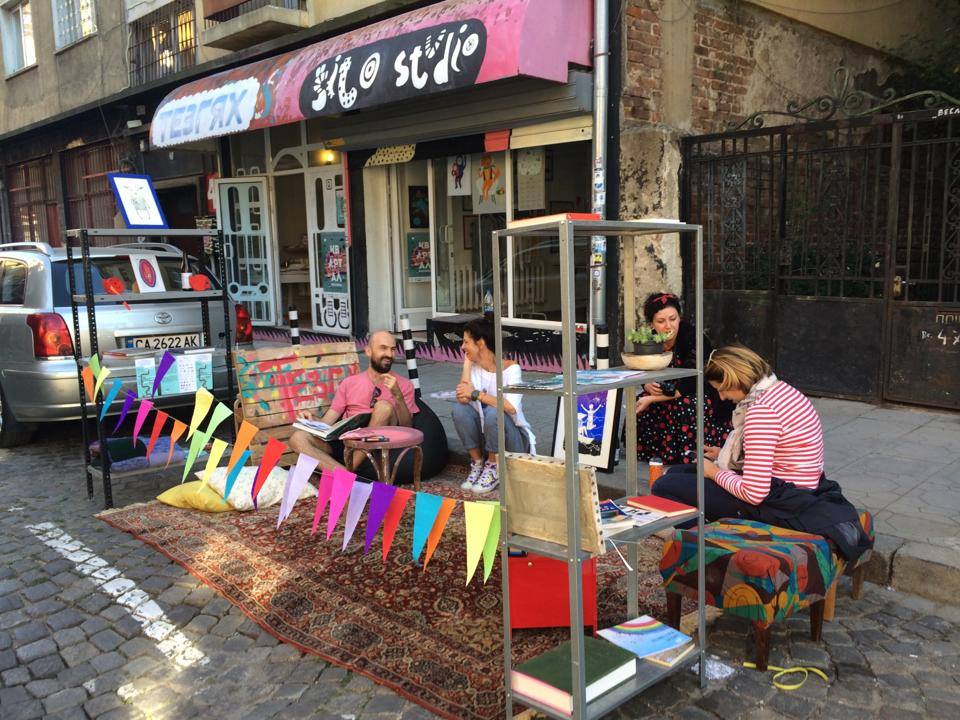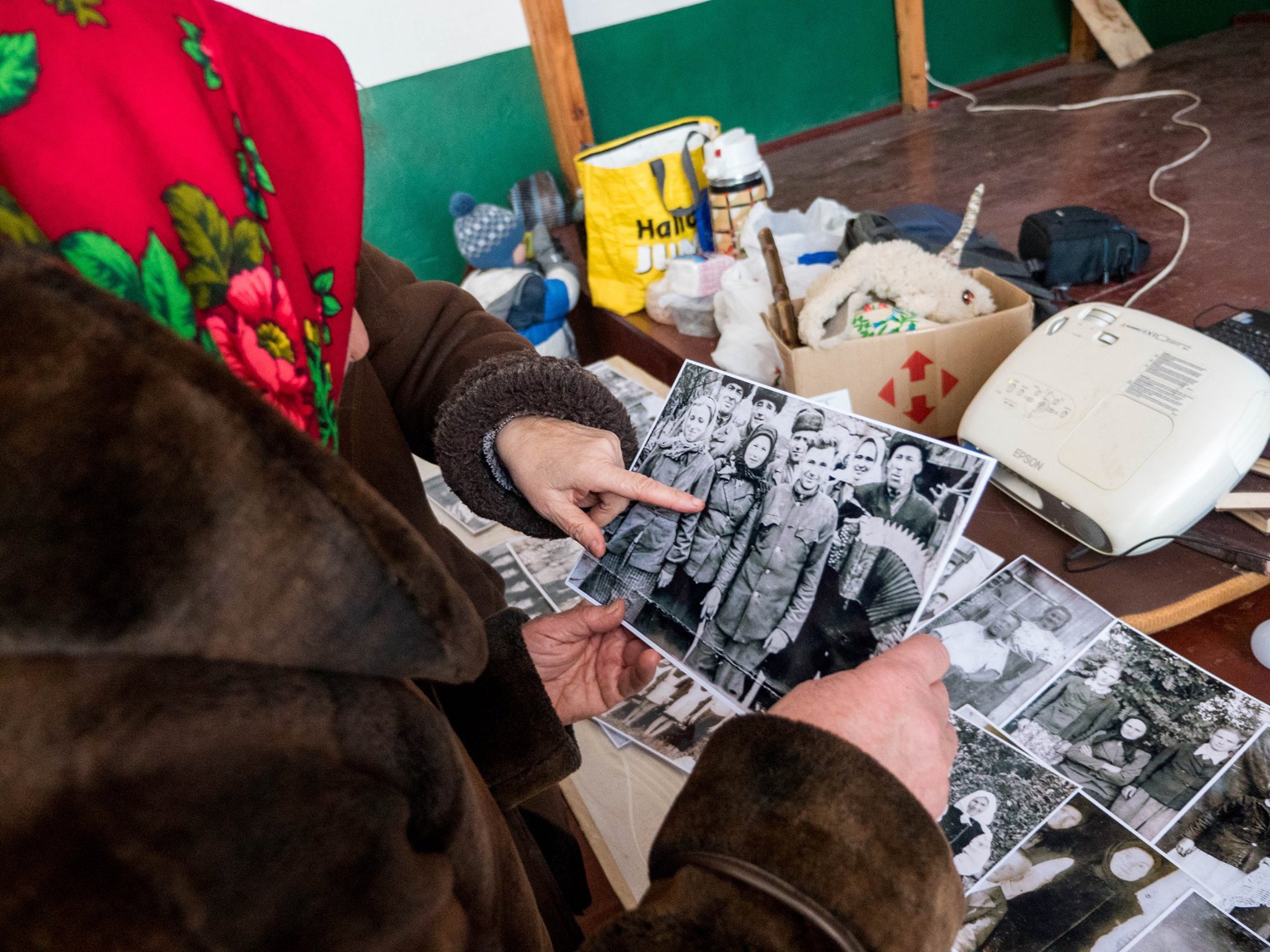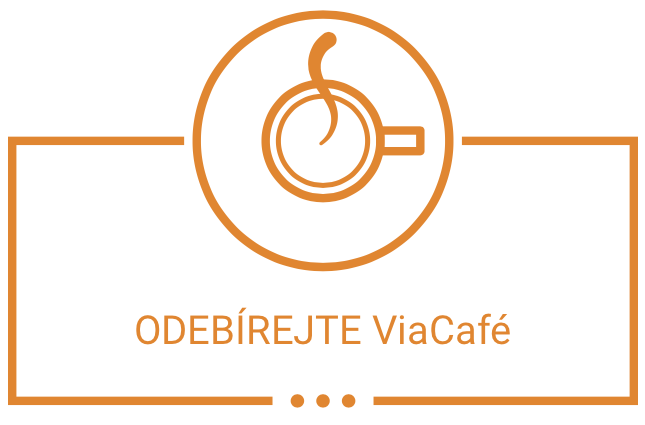ViabilityNet 3.0 is a program supporting community leaders in Central and Eastern Europe. The year-long program includes four meetings, four study visits. We also provide participants with community project grants and mentoring to strengthen their efforts and make their projects sustainable.
What is happening in our participants’ communities in different parts of Europe?
Kvartal is an initiative to develop the old Jewish quarter in Sofia culturally and creatively. Martina Stefanova and her team would like to give this neglected quarter a new image and identity. The group organizes an art festival each year that brings the streets to life. The team is also trying to draw artists and businesses into the area, regularly holds small art events and is compiling a map of the quarter showing important sites.
Khrystanivka is a small village east of the Ukrainian capital, Kiev. The village has a population of 100. Oksana Oliinyk is one of the 100. She and her family moved to Khrystanivka several years ago. She has a vision of the village as a tourist destination and is working to connect people in the community and compiling Stories of Khrystanivka for the small local museum. She wants to uncover the stories of her fellow residents, both newcomers and longstanding residents, and draw out what they have in common: ancestors, memories, places, fears, love and the future. Her first step was to create a local newspaper whose appearance and content is based on residents’ input.
ViabilityNet 3.0 added western European participants this year. Ulla Pötsönen works in a library in Joensuu, Finland. Over the past few years, people from around the world have moved to eastern Finland, some permanently and some for a shorter time, e.g. university students. It is no easy task to learn to speak Finnish and integrate oneself into Finnish society. Ulla sees the library as an intermediary that facilitates connections between various groups of people and also as a point of integration for newcomers. She would like her project to connect people, support them in integration and help them become aware of and develop their skills and knowledge. Ulla recently organized an event called “Hello Neighbor” and a skill-sharing festival. Both events helped various groups in Joensuu meet and start to realize how rich the sum of their shared knowledge and skill-base truly is. She is gradually succeeding in involving more community members in her project, including people from other countries, and she hopes that they will begin to take the initiative on their own as well.






